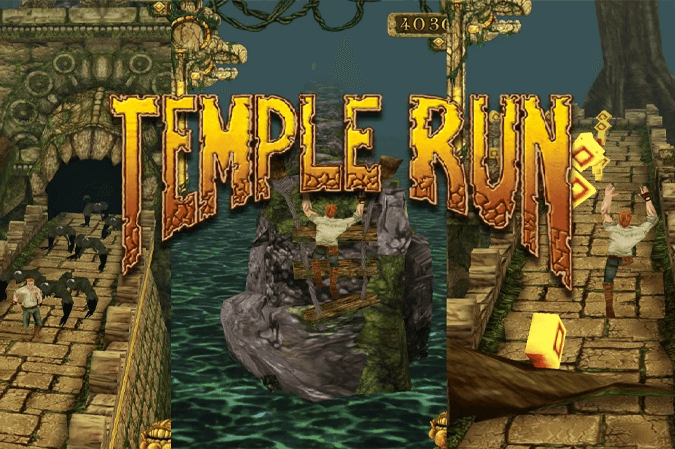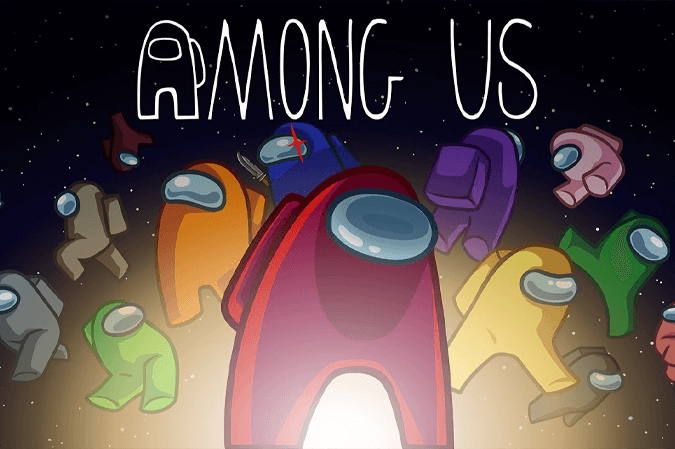Introduction
Temple Run is an endless runner video game developed and published by Imangi Studios. Released initially for iOS on August 3, 2011, it quickly became a cultural phenomenon, known for its addictive gameplay and engaging mechanics. Players control an explorer who has stolen an ancient relic and must run from demonic monkey-like creatures while navigating through a treacherous environment filled with obstacles.
Development and Release Timeline
- Development: Temple Run was created by the husband-and-wife team Keith Shepherd and Natalia Luckyanova, along with artist Kiril Tchangov. The development process took about four months, starting after the financial failure of Imangi Studios’ previous game, Max Adventure. The team aimed to create a quick, casual game with simple controls, leading to the innovative swipe-to-turn mechanics that define Temple Run.
- Release Date: The game was first released on the App Store for iOS devices in August 2011. Following its success, it was ported to Android on March 27, 2012, and later to Windows Phone and arcade platforms.
Financial Performance
Temple Run achieved remarkable commercial success:
- Within just a few months of its release, the game garnered over 50 million downloads.
- By early 2014, it had surpassed 1 billion downloads, making it one of the most downloaded mobile games of all time.
- The game’s success led to a sequel, Temple Run 2, released in January 2013, which also performed exceptionally well in the market.
Storyline and Context
While Temple Run does not have a traditional narrative like many story-driven games, it does provide context for the player’s actions:
Setting
The game is set in a mysterious temple where players navigate through lush environments filled with ancient artifacts and dangers.
Plot Summary
Players assume the role of an unnamed explorer who has stolen an ancient idol from a temple. As a result, they are pursued by terrifying creatures known as “demonic monkeys.” The objective is to run as far as possible while avoiding obstacles such as gaps, fire traps, and trees. Players collect coins along the way to unlock power-ups and upgrades.
Gameplay Mechanics
Temple Run is characterized by its simple yet addictive gameplay mechanics:
- Endless Running: The game features an endless runner format where players continuously move forward through the environment.
- Swipe Controls: Players swipe left or right to turn, swipe up to jump, and swipe down to slide under obstacles. This intuitive control scheme made it accessible for players of all ages.
- Power-Ups: Players can collect power-ups such as shields and boosts that enhance their abilities during runs.
- Character Customization: Players can unlock various characters and upgrades using coins collected during gameplay.
Platforms
Temple Run is available on multiple platforms:
- iOS (initial release)
- Android
- Windows Phone
- Arcade machines
- Various mobile devices through app stores
Critical Reception
Temple Run received positive reviews from both critics and players:
- It holds an average score of 81% on Metacritic, praised for its engaging gameplay and addictive nature.
Awards
The game has won several awards within the mobile gaming community:
- Best Game at various mobile gaming awards.
Latest Developments
As of early 2024:
- Temple Run continues to receive updates, including seasonal events and new characters in Temple Run 2.
- The franchise has inspired numerous clones and similar games due to its popularity.
- Imangi Studios announced plans for future developments within the Temple Run universe, although specific details remain under wraps.
Conclusion
Temple Run stands as a landmark title in mobile gaming history. With its innovative gameplay mechanics, engaging environments, and widespread appeal, it has solidified its place in popular culture. As it continues to evolve with updates and new content, Temple Run remains a beloved choice for gamers worldwide.
Sources
- Wikipedia – Temple Run
- Imangi Studios – Temple Run Official Site
- VentureBeat – Behind the Scenes of Temple Run
- Forbes – Temple Run Success Story
- GameSpot – Temple Run Review
- Image Source: www.vice.com



